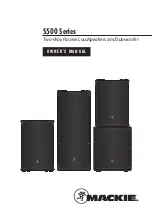
e
ff
ect and quickens the cooling. As a consequence, it is not
good for weld bead shaping. In the event that the speed is
too slow, the workpiece will be burned through, and a good
weld bead will be unavailable. In practical operation, the
welding speed should not exceed 50cm/min.
3) Wire Stick-out
The increase of the stick-out can improve the productivity,
but too long stick-out may lead to excessive spatter, wire
breaking and unstable welding. Generally, the stick-out
should be 10 times as the welding wire diameter.
4) Shield gas flow selection
The protection e
ff
ect is the primary consideration. Besides,
the protection e
ff
ect of inner-angle welding is better than
that of external-angel welding, so the gas flow in inner-angle
welding should be lower. Less or no shield gas is needed in
FCAW. Refer to the table below for the recommended gas
flow rates.
For welder training please visit our Academy website at
www.wilkinson-welding-academy.com
13
Welding mode
Welding with
thin wire
Welding with
thick wire
Welding with
thick wire
under high
current
Gas flow (L/min)
5~15
15~20
20~25
Summary of Contents for JM-400S MIG Series
Page 17: ...Electrical schematic 7 16 ...
Page 20: ...19 ...







































